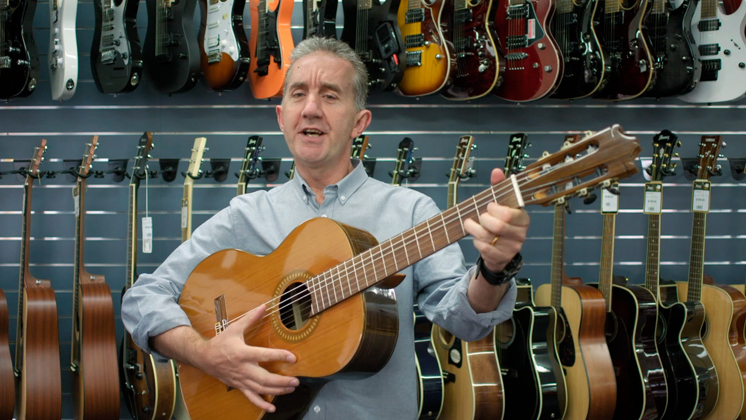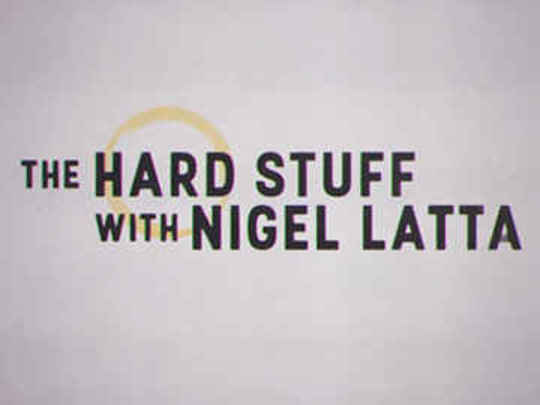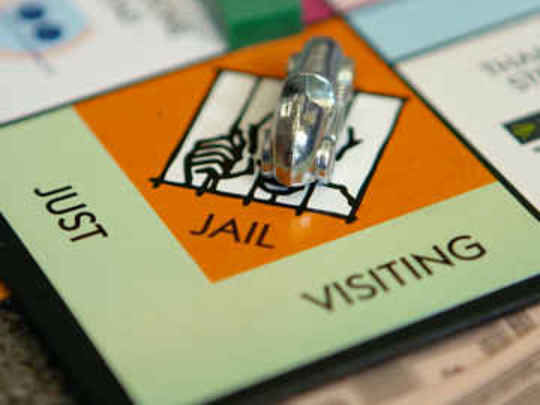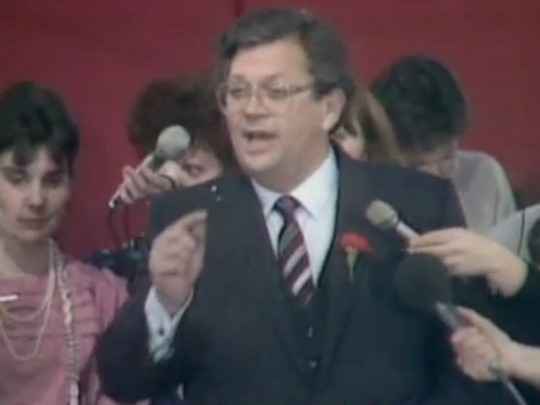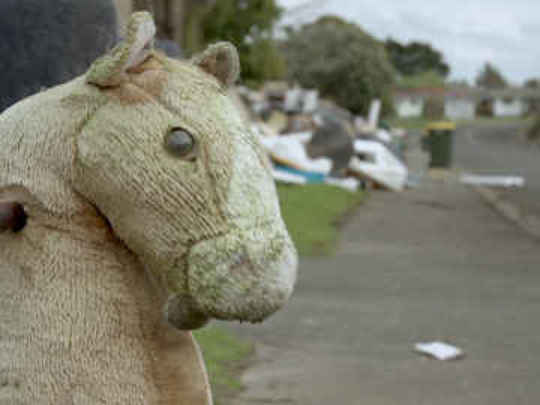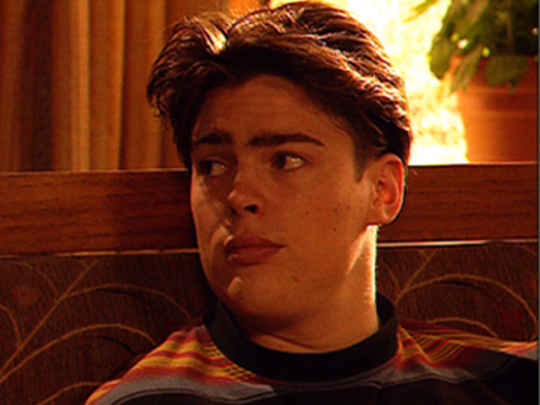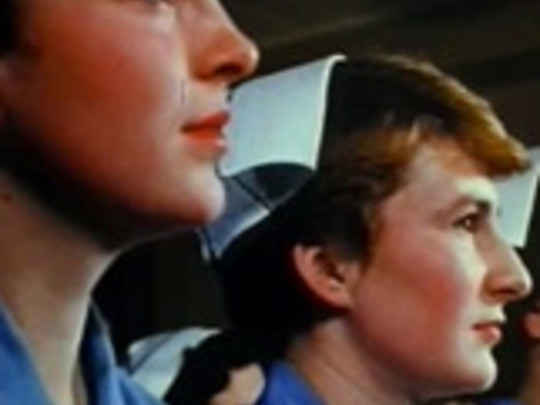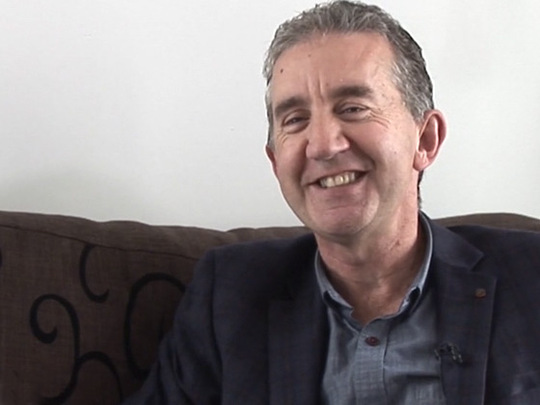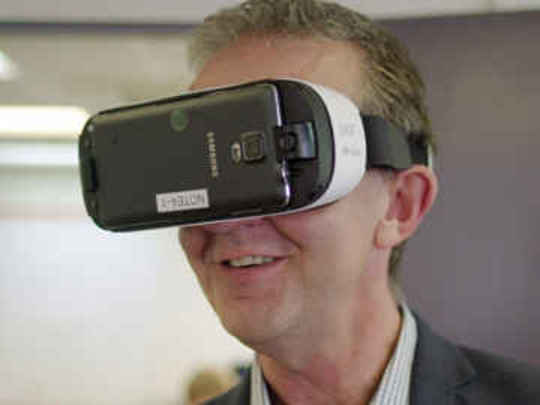I think parents are conditioned to believe that university is going to provide the best for their children, and they obviously want the best for their children. So they will I guess, will pressure their sons and daughters into going to university.
– Entrepreneur Jake Millar on the pressure to go to university
Well I'm kind of just taking a shot in the dark, really.
– A 17-year-old male on what career path he wants to take after leaving school, at the start of this episode
I started at Otago University in 1985 and the money aspect never even crossed my mind. When I went to university we were paid a Living Allowance of $4000 a term, which meant that because I didn't like the food in my hostel very much, we came into town and ate out a lot.
– Presenter Nigel Latta recalls his first year at Otago University
None of my family members have been to uni, so...I just don't feel I should go to uni. I don't see myself as a uni student.
– A young Pasifika woman on her future after leaving high school
There is an expectation that if you're smarter you go to university, if you're not smart you don't go to university, and you do a trade or something. But I believe that's just a stereotype, and people should not believe in that because...that's not true. There's a lot of smart people out there that don't go to university, and there's a lot of less smart people that do go to university...
– A 16-year-old male on stereotypes about life choices after leaving high school
The trades and services are meaningful work, satisfying work, thoroughly necessary work,. These are jobs that make sure our towns and cities and farms run and operate, and they're also rewarding jobs and rewarding careers.
– Josh Williams, CEO of the NZ Industry Training Federation
I think we are painfully apathetic towards it [debt]. We ignore it, because it's easie. We put our IRD invoices, slips, into the rubbish as soon as we get them, because we don't want to look at our loan balance. This is a thing we have to do to get out the other side, to get a job and start paying off whatever the number is at the end, We're just not thinking about it.
– Rory McGrath, ex-President of the NZ Union of Students' Associations, on his generation's attitude to their student debt
I'm from a generation that was very fortunate, but everything started to change in 1989, when student tuition fees were introduced. And unless you get a full scholarship or work while studying, you will get into debt. The only question is how much.
– Presenter Nigel Latta
...kids are taught school's the only way to go up — there's no other way, that's what now kids are taught, you know. But there is an alternative education out there. They just don't know it.
– Martha on reengaging with learning after leaving high school, near the end of this episode
...we sometimes think of a degree as a bit like a police badge or something — it's like 'I have a degree, so that will just open doors for me, and behind the doors will be all this money', you know? The other way to look at a degree is that experience of reading all that stuff and attending all those lectures and writing those assignments and getting the feedback on them and all that, I think, changes who you are as a person. It certainly did for me.
– Composer Karl Steven on why he studied philosophy at university
We currently have a huge focus in getting young people into tertiary education, because we know on the whole, that's going to be better for the economy and for the individual. But here's the thing; some people get caught up in this wave who shouldn't be there, and they get swept off to University when it may not be the best option for them. I think we need to do a better job of putting all the options in front of young people — because having a degree is not the only way to be successful.
– Nigel Latta on making the right choices after leaving high school, at the end of this episode
